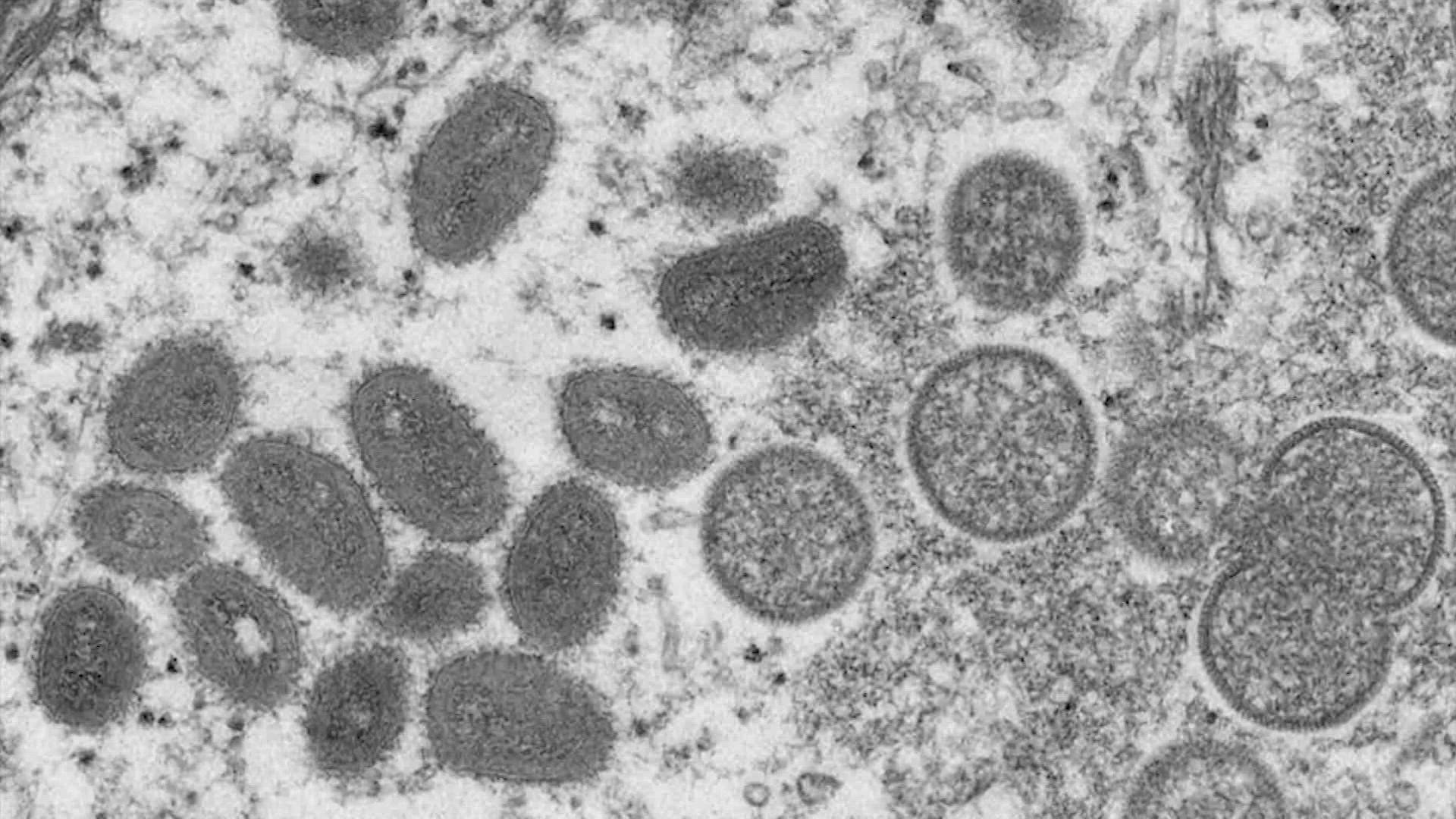HOUSTON — The number of monkeypox cases in Texas is now 20, according to the Department of Health Services.
DSHS says eight of those cases are in the Greater Houston area.
The disease, which can cause a serious skin rash, appears to be spreading largely via direct contact with the skin or saliva of an infected person.
All of the patients, so far, have been males and many of them contracted it during sex with other men. Health officials say anyone in that category should be "especially aware of the situation and take precautions to avoid direct contact with partners who have a rash."
Anyone who develops a rash should avoid direct contact with other people and contact their health care provider as soon as possible for the next steps.
"We are trying desperately to nip it in the bud," said infectious disease specialist Dr. Peter Chin-Hong.
As the number of monkeypox cases grows, so does Dr. Chin-Hong's concern.
"People definitely need to know," said Dr. Chin-Hong. "I think the main thing now is getting people vaccines. It's in everyone's interest to stop this infection now and the way to stomp it out is to give vaccines to people."
The first few cases of monkeypox in Texas were in patients who had traveled overseas or to Mexico. But health departments soon began seeing cases in people who had not traveled out of the country or the state.
“With the sharp increase in monkeypox cases worldwide, it’s not surprising to see the virus spread in Texas,” Dr. Jennifer Shuford, the chief state epidemiologist, said late last week. “We want people to know what the symptoms are, and if they have symptoms, to avoid the types of close contact with other people that can spread the disease.”
Monkeypox symptoms
- Fever
- Headache
- Muscle aches
- Swollen lymph nodes
- Chills
- Exhaustion
- Rash that looks like pimples or blisters; the rash often appears first on the face and/or inside the mouth and then on other parts of the body
Monkeypox can spread from person to person through direct contact with the rash, scabs or bodily fluids like saliva.
It can also be transmitted with prolonged face-to-face contact via respiratory droplets.
Doctors and clinics are asked to notify the health department about suspected cases to help in testing and allow public health to determine whether anyone who had close contact with the patient should get the monkeypox vaccine.
If given within four days of exposure, the vaccine can prevent people from getting sick from the virus.

